| Remember the eve of the millennium? When we thought planes might drop from the sky because computers couldn’t cope with a string of three zeros? I even wrote a short story about it (In the Interim). Well here’s a novel set at that very time. Over budget on his film on the millennium dome, failing to keep his feelings of loss at bay despite regular doses of cocaine, and with the Catholic hierarchy back in Ireland hoping to cash in on his mother’s claim that he’s Jesus Christ, it’s little wonder that Jay sees the final day of 1999 as potentially the last night on earth. But I’m getting ahead of myself … |
Welcome
I started this blog in 2013 to share my reflections on reading, writing and psychology, along with my journey to become a published novelist. I soon graduated to about twenty book reviews a month and a weekly 99-word story. Ten years later, I've transferred my writing / publication updates to my new website but will continue here with occasional reviews and flash fiction pieces, and maybe the odd personal post.
|
2 Comments
Last year, I set out to read 60 books and read 96. This year, I set a target of 100 books, and read 120. This suggests I’m reading more each year and making more accurate predictions. Of course, it’s not a competition, even against myself, but I do like figures. And, daft as it seems, I do like producing an annual report! 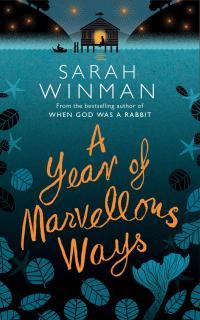 I was a little surprised to find that Marvellous Ways is a character, rather than a method, in Sarah Winman’s second novel but, as she reviews her long life in the company of a bereft young soldier, it turns out that a life lived according to her own ways is rather marvellous after all. Aged eighty-nine when we first meet her in 1947, her years have passed mostly alone in a remote Cornish creek. Her mother, she’s been told, was a mermaid and her father found a place “between God and medicine” in administering to the dying in their final hours, perhaps a precursor to the hospice movement featured in a couple of other novels. Marvellous finds a role for herself at the other end of life, as a very different kind of midwife to Gugu in Mo Yan’s Frog. As Christmas Eve is the traditional time for ghost stories and the Gothic, so today’s the day to share a couple of my recent reads to have you scared to go to bed.
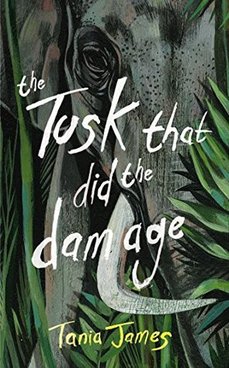 Emma and her friend Teddy are Americans visiting a forest reserve in southern India, to make a wildlife documentary about an innovative method of reuniting lost or injured baby elephants with their mothers. Manu, the younger son of a rice farmer, is drawn into the alluring world of ivory hunting following the death of his cousin by a rogue elephant. After being orphaned by poachers and kept in captivity and worked as a temple elephant, the Gravedigger has escaped his chains and is causing havoc in the villages on the edge of the forest. Through these three strands, Tania James tells an engaging and moving story of the conflicting interests in nature conservation. It’s testament to her talent as a writer that it is possible to feel sympathy for each of the flawed characters in this novel, even when none of them come out particularly well – except maybe the elephant who is, after all, just being an elephant.  What kind of psychologist are you? I am a retired chartered clinical psychologist. I worked in a general hospital in the UK with people who had difficulty coping with disability and physical illness. I devised a method of assessment based on the seven psychological tasks such patients face. These are: understanding and managing symptoms, dealing with the medical procedures, relating to hospital staff, managing upsetting feelings, maintaining a competent self-image, maintaining relationships with friends and family, and preparing for the future. I helped the multidisciplinary team in a physical health setting to understand the illness from the patients’ point of view, and what action might help all concerned. I took on a selected number of patients directly for psychological therapy along cognitive-behavioural lines. I am also interested in applying psychology to my own life, and have kept up a self-monitoring diary for smoking, drinking, and exercise. As a result, I gave up smoking on July 4th 1984. I’ve not touched the weed since. I also applied some principles of sport psychology to help me play better cricket. However my progress was limited by my sporting ability, not by my psychology. 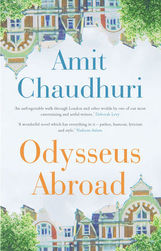 It’s August 1985, and Ananda, a student of English at the University of Central London with aspirations to be a poet, has a whole day to fill. We follow him reluctantly get out of bed, fret about the neighbours’ noise, miss his mother who has recently returned to Bombay, attend a meeting with his tutor, and hang out with his equally eccentric uncle, Rangamama, as they separately reminisce and bicker about their lives. Their territory is Bloomsbury, Hampstead and Belsize Park, a world of disappointing Indian restaurants, public transport, and potentially racist drunks. Inveterate outsiders, not just in London but in Asia, too: their Sylheti Hindu heritage having been twice rebranded (first with Partition, then with Bangladeshi independence) and leaving a legacy of “Indian” restaurants and the revered poet, Tagore. Desperately unhappy, the two men cling to each other despite their differences, Ananda possibly seeing his empty future in his uncle. It’s hard to know what to make of a novel comprised of all the minute quotidian detail that most novels would cut out. There are touches of humour, and I especially enjoyed this exposition on the lack of reference to lavatorial necessities in Western film and literature (p128-9):
 As I rarely, if ever, watch sport, I was surprised how involved I got in the London Olympics. How could I not be moved by such a display of determination and athleticism? But it was the Paralympics I enjoyed the most (despite the slightly inferior TV coverage). Alongside the awe at the athletes’ prowess, were the stories, implicit or explicit, of adversity overcome. On top of that, the games afforded a rare opportunity to look properly at disabled bodies and, with the somewhat complex rating system, to be curious about them without fear of causing offence.
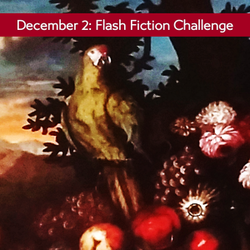
I recently shared an extract from my next novel, Underneath, in which a little boy is dancing with his mother to Cliff Richard’s Living Doll. The words are taken all too literally by the child who becomes the man who keeps a woman imprisoned in a cellar but I knew, from the very first draft of this novel, to be wary of quoting song lyrics. Yet, in the version I sent my publisher, I’d retained six words that furnished a neat link between past and present, while demonstrating the narrator’s disturbed and disturbing state of mind. But as publishing becomes a (still fairly distant) reality, I thought I’d better get some advice from the Society of Authors on copyright law. Based on what I was told – and this is only my interpretation – I’ve decided to paraphrase instead of quoting: I don’t want to risk having lawyers on my back; nor do I want to renege on my own personal vow never to pay to be published (it’s the author’s, not the publisher’s, responsibility to seek out and pay for permissions).
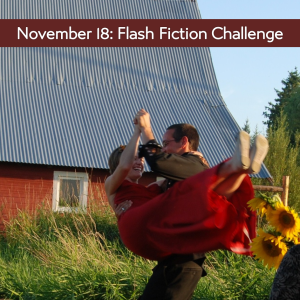 I was quick off the mark with the latest Carrot Ranch flash fiction challenge. But, although I was pleased with my toilet dance, I thought it didn’t do justice to the versatility of dance in fiction. So, given that Charli has given us an extra week to submit our stories, and impressed with those I’ve read already, I thought I’d give it another go. If you could learn to dance from fiction, I’d be able to do the jitterbug after reading Clare Morrall’s novel, After the Bombing. I’m not sure what kind of dancing they did in 1860s Indiana, but the female soldier, Ash, is full of admiration for her husband’s prowess in Laird Hunt’s Neverhome. In my novel, Sugar and Snails, my narrator dressed up in a borrowed tutu and danced without inhibition as a toddler, but sadly never felt as comfortable in her body again. This flash is for her: |
entertaining fiction about identity, mental health and social justice
Annecdotal is where real life brushes up against the fictional.
Annecdotist is the blogging persona of Anne Goodwin:
reader, writer, slug-slayer, tramper of moors, recovering psychologist, struggling soprano, author of three fiction books. LATEST POSTS HERE
I don't post to a schedule, but average around ten reviews a month (see here for an alphabetical list), some linked to a weekly flash fiction, plus posts on my WIPs and published books. Your comments are welcome any time any where. Get new posts direct to your inbox ...
or click here …
Popular posts
Categories/Tags
All
Archives
March 2024
BLOGGING COMMUNITIES
|
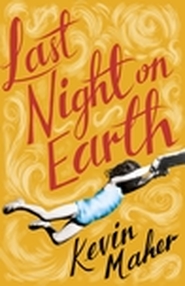
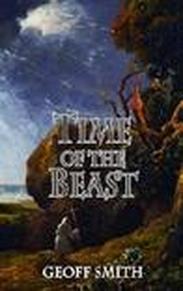
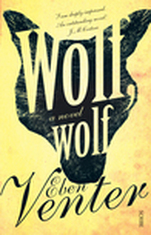

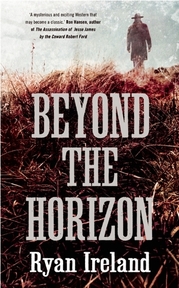
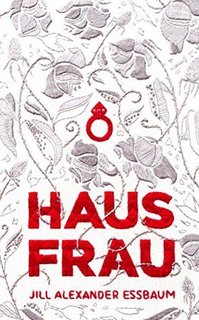
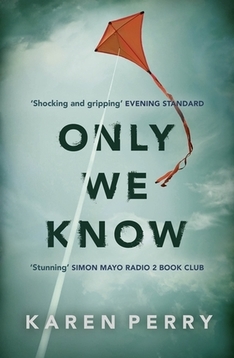
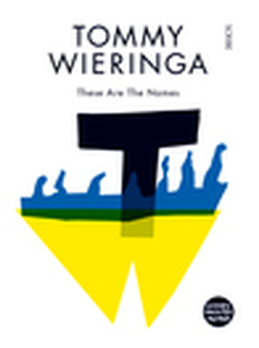





















 RSS Feed
RSS Feed





















